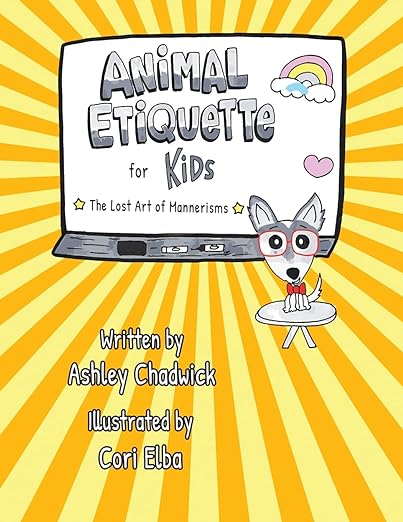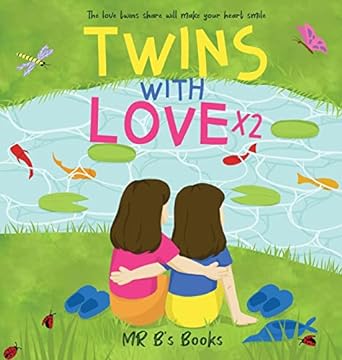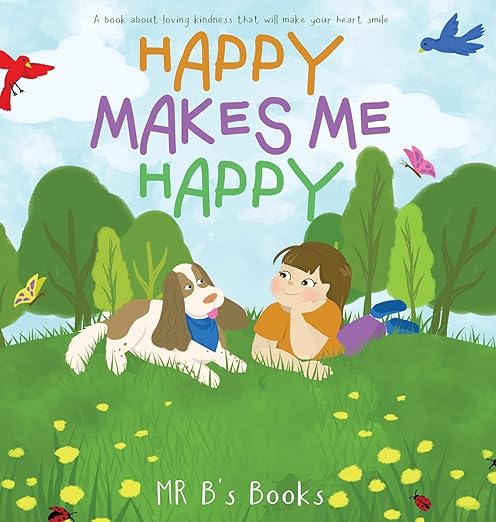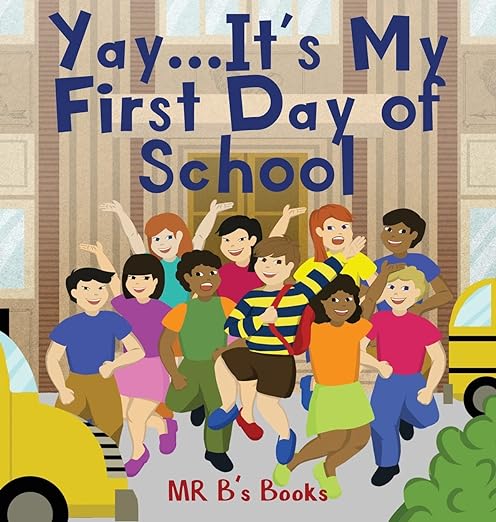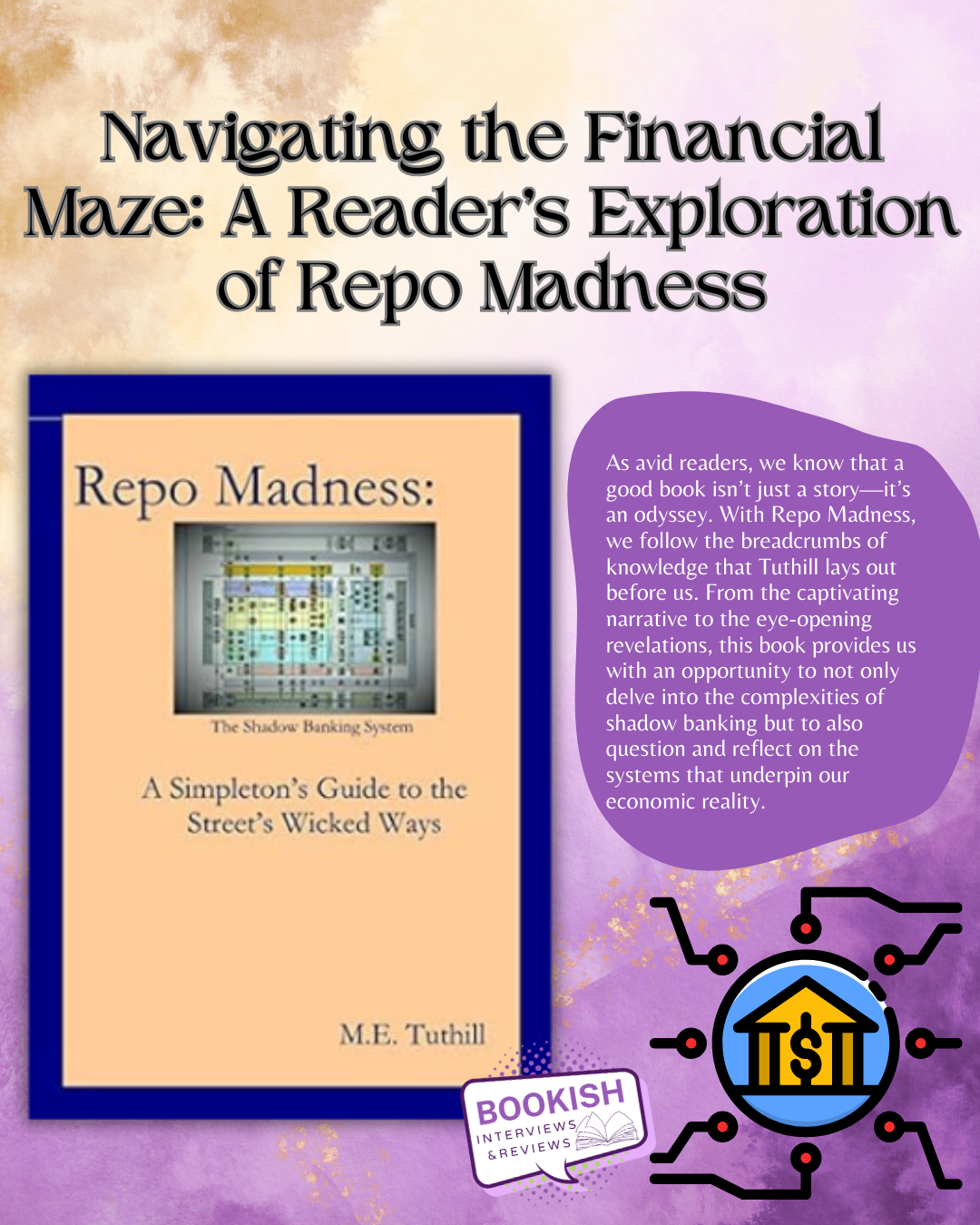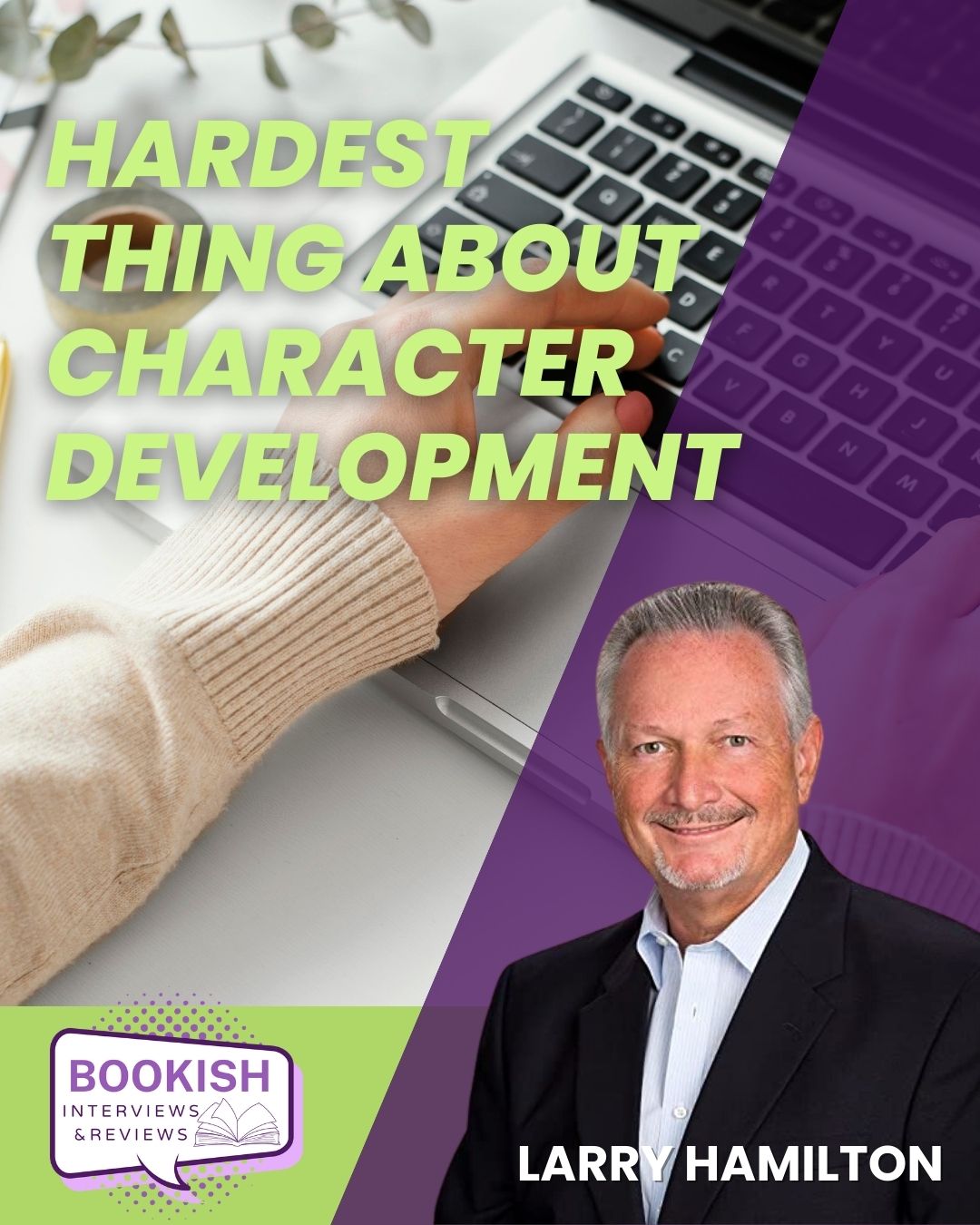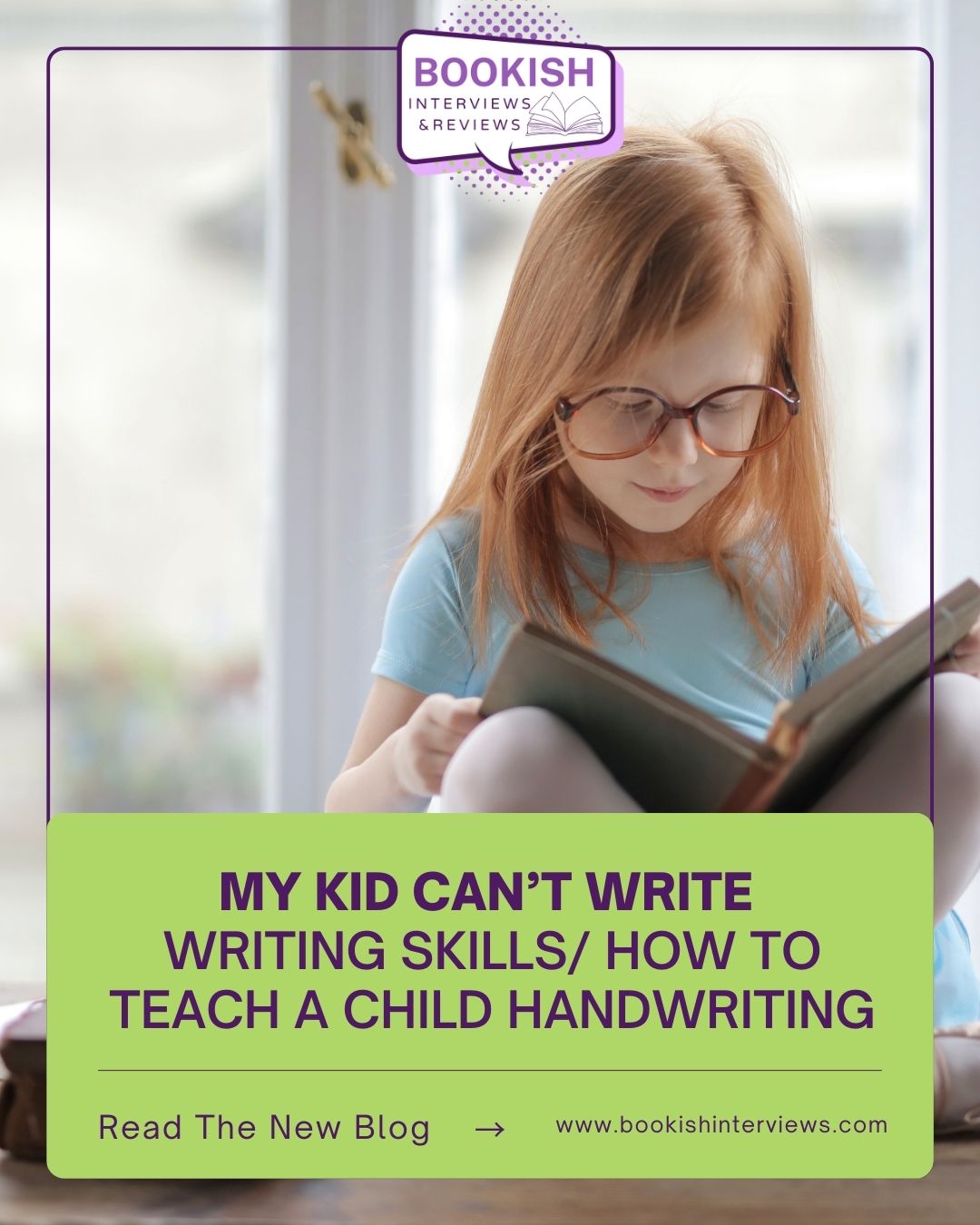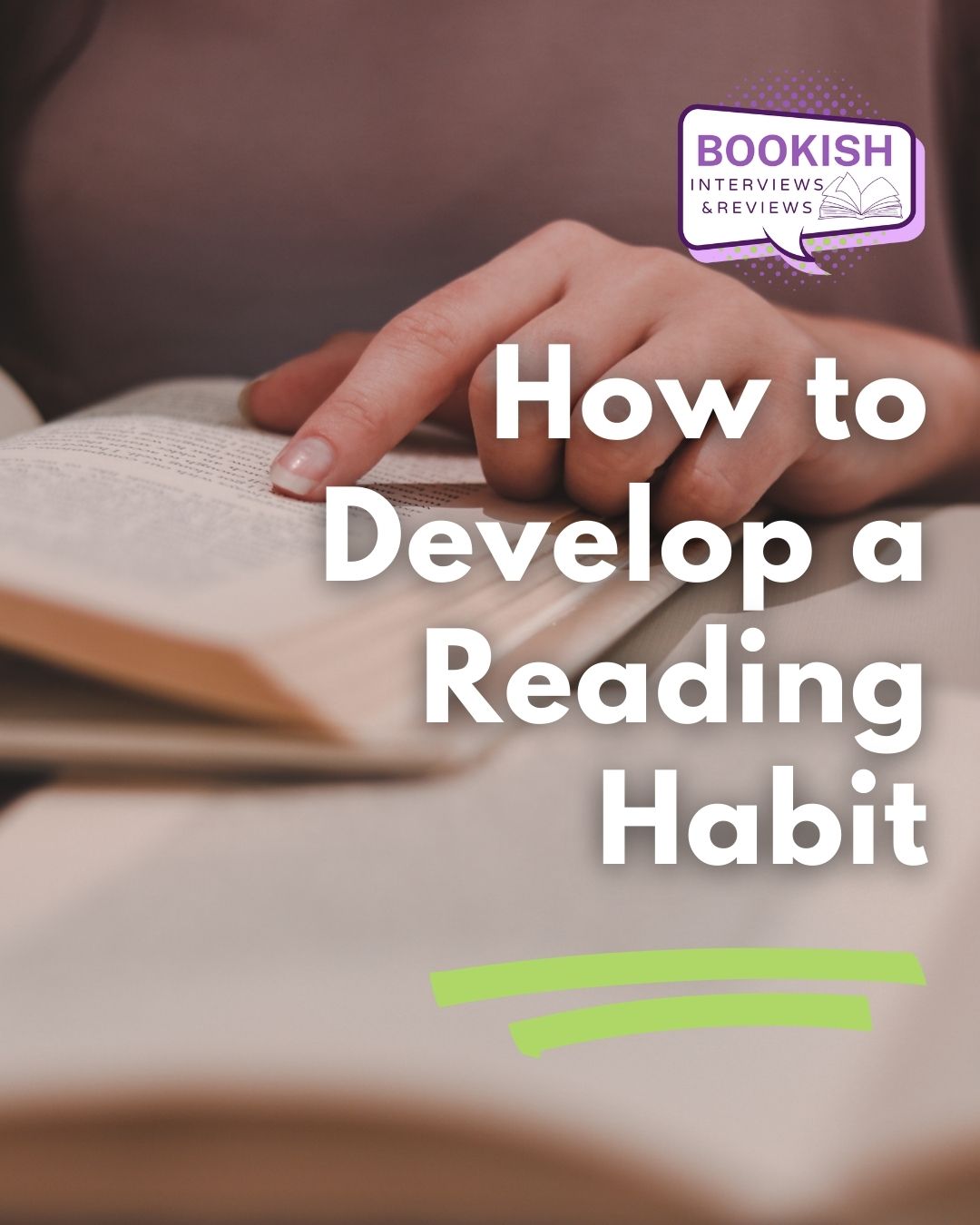Today we discuss the profound insights of Ryan Norris’s book 12 Positive F Words for Parents. Norris invites us to explore the transformative power of 12 fundamental words that hold the potential to reshape our understanding of parenting, relationships, and ultimately, ourselves. As we come together to share our perspectives, personal experiences, and anecdotes related to these impactful words, we embark on a journey of self-reflection, growth, and collective wisdom. Join us with a reader as we navigate through the author’s narrative, seeking to understand how these words resonate with us individually and how they can influence our lives in meaningful ways.
Which of the 12 “F” words resonated with you most personally? How have you struggled or succeeded in applying that particular word in your own life?
The 12 “F” words presented by Ryan Norris in his book had a powerful and resonating impact. The one that struck a chord with me most personally is “Forgiveness.” Forgiveness is a word that carries immense weight and complexity, often intertwining with our past experiences and relationships.
In my own life, forgiveness has been both a struggle and a triumph. There have been instances where I held onto grudges, unable to let go of the pain and hurt caused by others. It was a heavy burden to bear, affecting my own well-being and preventing me from moving forward. However, as I delved deeper into understanding the significance of forgiveness, I began to see the power it holds for personal healing and growth.
Letting go of that resentment was a liberating and transformative experience. It allowed me to rebuild relationships and ultimately strengthen bonds. It was a reminder that forgiveness isn’t about condoning or excusing someone’s actions; rather, it’s about freeing ourselves from the chains of anger and hurt.
The book addresses personal identity. How has understanding and embracing your own identity influenced your parenting journey? Have you found it challenging to maintain personal identity while fulfilling parental roles?
Understanding and embracing my own identity has significantly impacted my parenting journey, serving as a compass guiding my actions and decisions as a parent. Embracing my identity has allowed me to be more authentic and true to myself in my parenting role. It has helped me understand my strengths, weaknesses, values, and beliefs, enabling me to parent from a place of clarity.
However, maintaining a personal identity while fulfilling parental roles has indeed presented its challenges. The responsibilities and demands of parenthood can sometimes become all-consuming, making it easy to lose sight of one’s individuality. Balancing the needs of the family with personal aspirations and desires can be a delicate act. At times, I’ve found myself struggling to prioritize my personal goals and passions while ensuring the well-being of my family. It’s essential to carve out time for self-reflection, hobbies, and activities that resonate with my identity, allowing me to rejuvenate and maintain a sense of self amidst the fulfilling yet demanding role of being a parent.
How have you seen your relationships with your partners, extended family, or friends evolve as you’ve applied these principles?
Ryan Norris’s principles can be the foundation of nurturing, compassionate, and enduring relationships. By applying these principles, I’ve seen my relationships flourish, become more resilient, and ultimately contribute to a happier and more connected life.
In a situation where a family member faced a sudden challenge, I chose to be flexible with my plans and offer support. This flexibility allowed us to come together, support one another, and ultimately brought us closer, reinforcing the importance of adapting to the ever-changing dynamics of relationships.
Each of the 12 words relates to a specific aspect of parenting. Have you found yourself leaning towards one particular “F” word more than others in your parenting style? How has it impacted your relationship with your children?
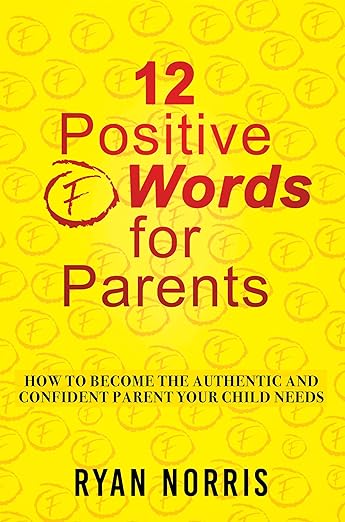 One word has consistently resonated with me more than the others: “Forgiveness.” This particular word has become a cornerstone of my parenting style and has deeply influenced my relationship with my children. It has allowed me to create a nurturing environment at home. When faced with parenting challenges or conflicts with my children, understanding the importance of forgiveness has helped me respond with patience and empathy rather than reacting impulsively. It has encouraged open communication, teaching my children the value of admitting mistakes and seeking forgiveness, fostering a culture of understanding and compassion within our family.
One word has consistently resonated with me more than the others: “Forgiveness.” This particular word has become a cornerstone of my parenting style and has deeply influenced my relationship with my children. It has allowed me to create a nurturing environment at home. When faced with parenting challenges or conflicts with my children, understanding the importance of forgiveness has helped me respond with patience and empathy rather than reacting impulsively. It has encouraged open communication, teaching my children the value of admitting mistakes and seeking forgiveness, fostering a culture of understanding and compassion within our family.
Moreover, forgiveness has empowered me to forgive myself as a parent, acknowledging that making mistakes is a natural part of the journey. This self-forgiveness has alleviated the pressure to be a perfect parent and has enabled me to grow and learn alongside my children.
What are some practical strategies you employ to integrate these “F” words into your daily life? Have you encountered challenges or resistance?
Several practical strategies have proven effective, although not without their share of challenges and resistance.
1. Daily reflection and mindfulness, starting each day with a moment of reflection allows me to consciously choose one or more “F” words to focus on for the day. Mindfulness helps me remain aware of these principles throughout my daily interactions.
2. Emphasizing open and honest communication with my family members encourages an environment of trust and understanding. Expressing my feelings and thoughts using kind and thoughtful language aligns with the principle of “Forgiveness” and promotes healthy relationships.
3. Practicing gratitude, actively acknowledging and appreciating the positive aspects of my relationships and experiences instills a sense of gratitude. It reminds me of the blessings in my life and encourages a positive outlook, especially in challenging moments.
4. Adaptability and flexibility in my responses and actions, especially in unexpected or stressful situations. Adapting to changing circumstances allows for smoother interactions and resolutions.
5. Acts of kindness and compassion towards my family and community, simple gestures like helping with chores or offering a comforting word can make a significant difference.
Challenges and resistance are natural when integrating new principles into daily life. One of the key challenges has been consistency and sustaining these practices during busy or emotionally charged days. At times, old habits and reactions tend to resurface, requiring conscious effort to redirect towards the desired “F” word.
How have you noticed changes in your children’s behavior, emotional intelligence, or overall happiness as you embody these principles?
Their communication skills and emotional intelligence have improved, emphasizing empathy and expressing their feelings more freely, sharing their concerns and using active listening. They are more willing to forgive and empathize with their siblings and friends. Overall, they express more gratitude and have a more positive outlook on life. They are more resilient and open to change, more considerate and expressive. My children have developed essential life skills and qualities that will serve them well in adulthood. It’s heartwarming to see their growth in emotional intelligence and their improved interactions with others.
Cultural backgrounds and individual personalities might influence the interpretation and application of these “F” words. In what ways may the concepts be universally relevant while also adapting to diversity?
The concepts presented in 12 Positive F Words for Parents are both universally relevant and adaptable. These principles encompass fundamental aspects of human interaction and emotional well-being, making them applicable across a wide spectrum of cultures and personalities while allowing for nuanced interpretations and applications. Love is a universal language that transcends cultural boundaries.
Several “F” words touch on self-care and setting boundaries. How has prioritizing self-care affected your abilities to embody these qualities as a parent?
It has positively impacted my role as a parent in several significant ways. I set boundaries with clarity and confidence because I understand my own needs and limitations. In doing so, I model healthy behavior for my own children to learn. Taking care of myself gives me more energy, I don’t feel burnt out and I can handle more challenging situations from a place of stability. I feel more focused.
Parenting is not without challenges. Share an instances where applying the principles from the book helped you overcome a specific parenting challenge. How do these principles provide a framework for problem-solving?
By applying these principles, I noticed a significant improvement in our communication. My teenager felt more understood and valued, and as a result, she became more open to discussing her experiences and challenges. The principles provided a structured approach to problem-solving, emphasizing the importance of empathy, adaptability, and positive reinforcement, which ultimately helped bridge the communication gap and strengthen our relationship.
These principles offer a valuable framework for addressing parenting challenges by guiding us to approach difficulties with empathy, understanding, and constructive communication. They remind us to be open to different perspectives and to maintain a positive and appreciative mindset even in the face of challenges, ultimately fostering a healthier and more harmonious parent-child relationship.
What were your key takeaways from the book and how do you plan to continue incorporating these ideas into your life moving forward?
My key takeaway from the book was that consistency is key. Practicing mindfulness with these tools in mind is important in truly reaping the benefits from Ryan’s book. I plan to continue incorporating these ideas into my life moving forward by being patient with myself and my family. There will be hiccups, but it’s important to keep trying, to keep learning from those mistakes, and to be consistent!
Suggest other books, articles, or resources related to parenting, personal development, and building positive relationships.
Parenting with Love and Logic by Foster W. Cline
How to Talk so Kids Will Listen & Listen so Kids Will Talk by Adele Faber
7 Social Skills You Can Start Teaching Your Child Now from VeryWellFamily.com














